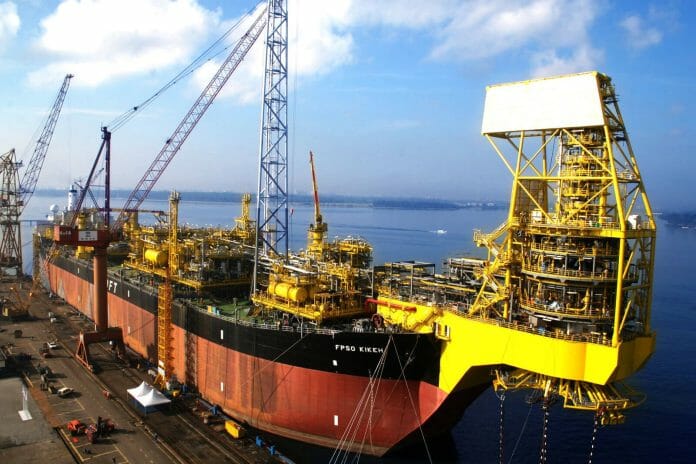Malaysian Marine & Heavy Engineering (MMHE)’s quarter one financial year 2023 results were below the expectation of MIDF Research (MIDF).
However, the research house believes earnings would recover as Covid-19 claims that dragged the earnings would be temporary, and there would be an increase in demand for LNG in the light of El Nino’s global onset.
Also, the upcoming summer season would translate into more dry-docking activities for MMHE’s shipyards. MIDF likes MMHE for its healthy cash flow, strong order book backlog,and continuous ventures into renewable energy solutions.
MMHE’s quarter one financial year 2023 revenue gained 19% year-on-year and 17% quarter-on-quarter to RM496 million from higher revenue for ongoing projects, and increased activities in dry-docking and repair.
MMHE’s quarter one financial year 2023 earnings rose 30% year-on-year, but was down by 87%quarter-on-quarter to RM3.5 million. This was attributable to improved profit margins, offset by the partial recovery of Covid-19 claims.
“We continue to view MMHE positively. We opine that the reopening of China’s economy and the supply cut by OPEC+ will support the oil prices into a stable range of USD75-85pb. This would allow major companies to increase its capital expenditure, subsequently require constructions, repair and maintenance, as well as dry-docking services,” said MIDF.
MMHE maintains a cautious stance for its heavy engineering segment, with the major risk being the global recession and geopolitical tensions, both with the potential to impede business prospects.
“However, with the growing demand for renewable energy and decarbonization opportunities, we believe the group is well-equipped to sustain and expand its orderbook via this subsector,” said MIDF.
Meanwhile, the marine segment is expected to face competition from Chinese shipyards. Dry-docking is also becoming limited as older LNG carriers are decommissioned due to their inability to comply with the Energy Efficiency Existing Ship Index (EEXI) and Carbon Intensity Indicator (CII) requirements set by the International Maritime Organization (IMO).









